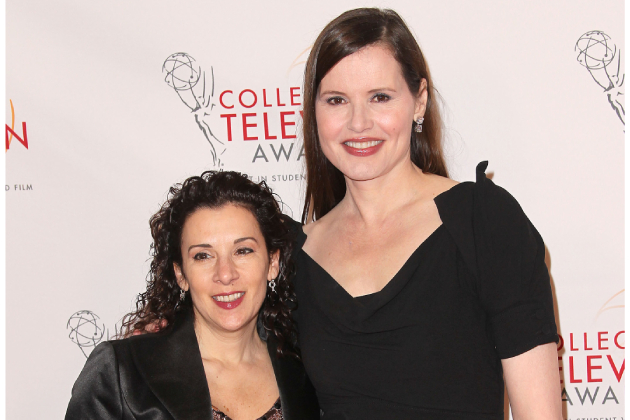NEW ORLEANS – The reemergence of blue chip natural history and specialist factual genres were top of mind for leading industry executives during a panel discussion on day two of the 2020 Realscreen Summit in New Orleans on Tuesday afternoon (Jan. 28)
Moderated by Al Berman, president and executive producer at Berman Productions, the panel discussed how the cyclical popularity of natural history would impact the broadcasting landscape and whether specialist factual will evolve under this newfound spotlight.
Those on the panel discussion included Mike Gunton, creative director for the BBC Studios’ factual and natural history unit; Janet Han Vissering, SVP for development and production at Nat Geo Wild; Andrew Jackson, president of Plimsoll International; and Laura Marshall, CEO of Icon Films.
Here are the key takeaways from the session:
America’s place in wildlife programming
Natural history and wildlife programming have been focal points of the BBC’s mandate since Desmond Hawkins and Frank Gillard promoted the establishment of the Natural History Unit (NHU), the specialist department within BBC Factual Production, in 1957.
And while American audiences have an enduring love for nature programming, a sizeable percentage of wildlife productions stem from production companies that call Bristol in the south west of England home.
“There are a lot of really talented EPs and great storytellers here, but I don’t think there are the iconic production companies that really focus solely on natural history,” Nat Geo Wild’s Han Vissering told those in attendance. “A large part of that is that over the last 10 years, there’s been an explosion of reality-based television, and you’ve got so many different platforms for that. It’s not present on the networks here like it is in the UK [where] BBC has been a staple. As there is a demand for it, I’m hoping that the audience, the storytellers, the production companies here start joining in and becoming interested. It’s always about supply and demand.”
Natural history in short-form
When the BBC shared a 2 minute and 16 second clip from 2016’s Planet Earth II of a baby iguana outrunning a nest of hungry snakes, it took the world by storm. Since then, the clip has been viewed more than half a billion times.
Thus, the prospect of creating natural history content in short, seven-minute bites for an increasingly distracted audience seems quite enticing. The question then becomes how do wildlife producers make those programs feel like self-contained series rather than a “glorified clip show,” according to the BBC’s Gunton.
“Inevitably, there’s a storytelling challenge in the sense that we’re traditionally long-form storytellers,” he continued. “There are challenges to it, but there’s also something very appealing about getting some intense experience in seven minutes, and if you can crack that I think that’s a great way of telling stories.”
Supply must meet the demand
Long-form, blue chip natural history programming generally takes four years to make, with one year devoted to research, two years devoted to filming and another year devoted to the edit room. And while there is a desire at the moment to have programs churned out in half that time, the support in the field – from producers to cameramen – is just not there to meet the demand.
“There is so much work in Bristol and there is not enough people to do it,” said Icon’s Marshall. “It’s incumbent on us all that we do ensure the quality doesn’t suffer. It’s rich pickings at the moment, but let’s make sure that some of the money goes into developing new talent and that people are trained as well as those that have gone before them.
“There is opportunity and people do their best work when they’re asked to step up,” she continued. “As long as we can support them, then I think we’ll all benefit from it.”
Photo: Rahoul Ghose






























